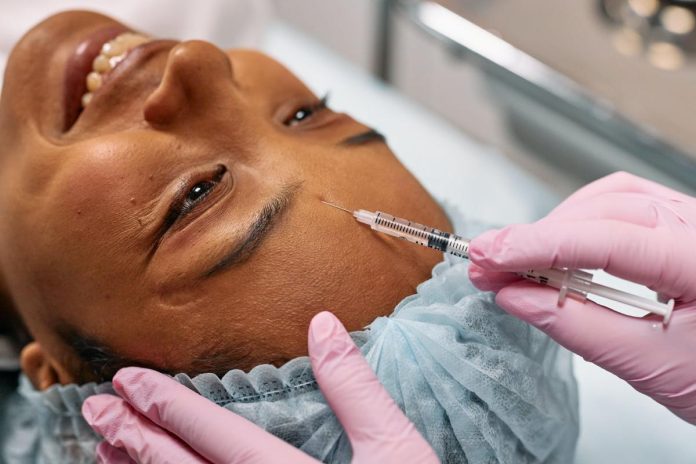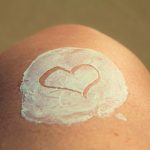A facelift is one of the procedures that are used to reduce the signs of aging that are caused by stress, gravity, the sun, and more. The procedure involves three steps, which are the removal of excess fat and skin, the tightening of the underlying muscles, and the drawing of the skin around the face and the neck. Once done, you should have very few visible signs of aging left. The healing process should take some time, and there are a few things you can do to ensure you get the best results.
Before The Facelift
If you want to get the best results, you need to ensure that the procedure is done by a qualified surgeon. The main issues you are looking to avoid are bruising and scarring a few weeks after the procedure, and this is why your choice of a surgeon is important. You can look up the reviews of different surgeons and find out what their past customers say about them. You can also look for experienced facelift surgeon here to ensure you end up consulting with one who will understand what you need and give you exactly that.
After The Procedure
As with any surgical procedure, things will look worse before they look better. There will be some swelling and bruising, especially in the immediate few days after the procedure. You will begin to see the results once the bruising and the swelling fade. You can help speed up this process by keeping your head elevated.
You should do this for two to three days after the procedure to prevent the accumulation of fluid that causes swelling in the face. Head elevation will also reduce your recovery time and, by preventing uneven swelling, prevent facial asymmetry.
Showering
You will have your face bandaged for at least 24 hours after the procedure. The bandage applies even pressure to the next, face, and head to minimize swelling. It will feel tight and will be removed when the doctor feels it is appropriate to do so (no more than two days after the procedure)
The two issues that come up for many people who have had a facelift are itching and the need to shower. You should not scratch your face no matter how itchy it feels. Also, avoid rubbing or bumping your head for relief, as you will wreck the results.
You should also avoid showering and shampooing while you have bandages. You may do so once the surgeon removes the bandage but not before.
Over The Counter Medication
It is very important that you avoid any medications that can cause increased bleeding and bruising. These include aspirin and any medications that contain aspirin. You should also not take any dark green leafy vegetables and vitamin E supplements for at last two weeks after the procedure.
Lastly, avoid any strenuous activity for at least two weeks. This includes housework and any activities that can cause exertion.
A facelift can produce incredible results but only if you take care of yourself before and after the procedure. Get a good surgeon with proven results to handle your facelift and follow everything they say once done to ensure minimal swelling and bruising and avoid an asymmetrical face once everything settles.
Also Read:– Businessslash


















